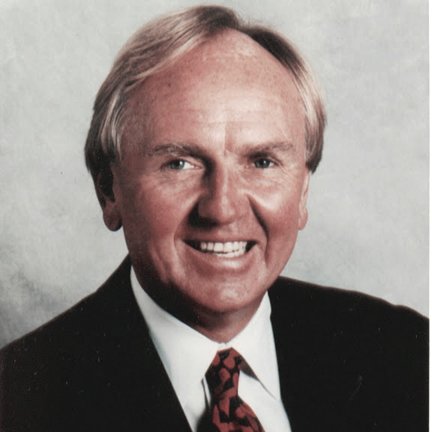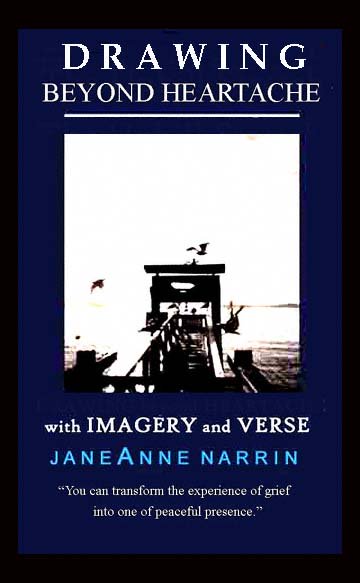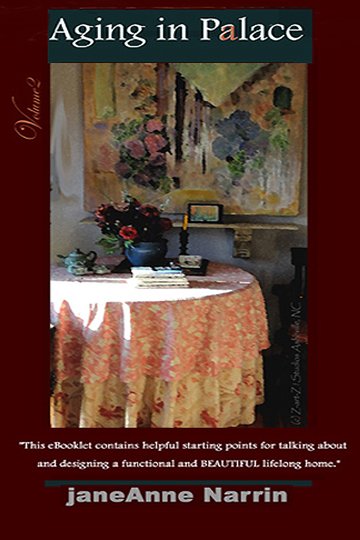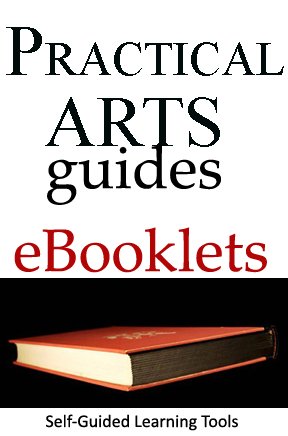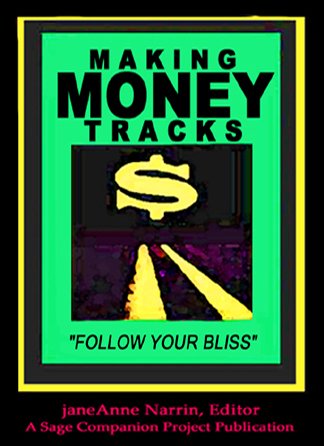DR. CHARLES SCHEWE
T H E B O O M E R E F F E C T S E R I E S
A skilled and knowledgeable teacher introduces new challenges at the right time – and so we learn. The Sage Companion Quarterly is delighted to have the honor of presenting Professor of Marketing at the University of Massachusetts at Amherst as well as principal in Lifestage Matrix Marketing, Dr. Charles Schewe.
He received his Ph.D. (1972) from the Kellogg
Graduate School of Management at Northwestern University and his MBA
(1965) and BA (1964) from the University of Michigan. In 1979, he was a
Fulbright-Hays Scholar at the University of Lund, in Sweden where he
frequently is a visiting professor.
He is the author of EXPLORING THE WORLD OF BUSINESS (Worth Publishers,
1996), co-authored with Ken Blanchard, author of THE ONE MINUTE MANAGER,
and THE PORTABLE MBA IN MARKETING (John Wiley & Sons, 1998). His
most recent book, DEFINING MARKETS, DEFINING MOMENTS: AMERICA'S 7
GENERATIONAL COHORTS, THEIR SHARED EXPERIENCES, AND WHY BUSINESSES
SHOULD CARE, has been wildly acclaimed by business professionals and
academics as detailing an exciting new way to understand today's market
segments and their values.
" Every older generation firmly believes that the youth of the day just aren’t what they used to be…don’t have the right stuff...like us.
My parents, as did yours, worried that when push comes to shove, the young ‘uns of the day wouldn’t have the intestinal fortitude to pull it together to “save society [if needed], and today with the global village we live in, save the world…as perhaps should be expected from the number one nation in the world!!
Look what they did in the Great Depression and WWII. Well, here’s some things we do know about those youngsters today, the college juniors and seniors about to go out into the world…to be those saviors."
A TALK WITH DR. CHARLES SCHEWE
The Sage Companion Quarterly is
honored to introduce Dr. Charles Schewe
who received his Ph.D. (1972) from the Kellogg Graduate
School of Management at Northwestern University and his MBA (1965) and
BA (1964) from the University of Michigan. In 1979, he was a
Fulbright-Hays Scholar at the University
of Lund, in Sweden where he frequently is a
visiting professor.
Here we talk with Dr. Schewe about "The 'Boomer' Effect"- and strategies and tips for the POST-50 person including designing a state-of-the-art LIFESTYLE-- by applying concrete principles that go way beyond the basics.
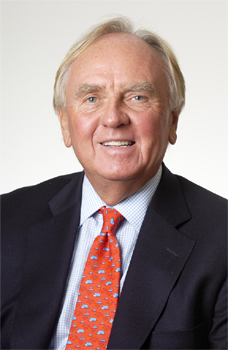 |
"Research finds a sizable gap between the expectations of those two groups. Older persons do not believe they are as bad off as younger people think they believe. In every instance, older adults report experiencing most negative aspects of aging at lower levels (often far lower) than younger adults report expect themselves to encounter when they grow old." |
SAGE: Do you see a trend in terms of older
adults' attitude towards lifelong learning?
Charles Schewe: Aging
individuals today have a unique attitude towards lifelong learning. The AARP
reports that older individuals are strongly motivated to go back to school by
the desire to keep up with what’s going on in the world, for their own
spiritual or personal growth and for the simple joy of learning something new
(AARP,2000).
How about "boomers" and
older people online?
Currently
(Pew Research, 2012) reveals that over half of this group use the internet or
email with the number expected to grow steadily. Dubbed the “silver tsunami” by the Pew Internet
Project, it is expected that as Internet users in their 50s get older and
retire, they are unlikely to give up their wired ways and therefore will
transform the wired senior stereotype (Pew Research, 2004).
At The Sage Companion Quarterly, our
"Matchmaker" page gets lots of attention. Do you see an
increased level of socialization among
"boomers" and older adults?
Yes, and
this has implications for romantic engagement of this population as well.
Statistics published by the internet dating website Match.com show that the 50+
demographic is currently 26.5% of their user base and is the fastest growing
age group within their subscriber base with a 300 percent increase since
(Match.com, 2006).
Here's something our readers want to
know- Do the expectations of young and middle-aged adults match those of older
people when it comes to old age and their actual experiences?
Interesting that you should ask that. Actually, research finds a sizable gap between the expectations of those two groups. Older persons do not believe they are as bad off as younger people think they believe. In every instance, older adults report experiencing most negative aspects of aging at lower levels (often far lower) than younger adults report expect themselves to encounter when they grow old (Pew Research, 2009).
Charles Schewe
|
Writers and thought-leaders at The Sage Companion Quarterly are advocates for positive attitudes -regardless of age. In terms of advertising, we wondered if /when a more accurate portrait of "the aging experience" will appear- so we asked Charles Schewe. |
SAGE: Is it important that businesses keep an eye
out for a shift in the marketplace?
CHARLES SCHEWE: Yes. And in order to take advantage of a shift away from the "youth market" there also is need for concerted efforts across disciplines to lay useful theoretical frameworks to inform the way that society interacts with aging individuals.
Tell us about some of the leading
edge possibilities in terms of wellness.
Consider a
new concept for a day spa. It could operate like a present day health club, but
in addition to the usual aerobic classes, weight machines, and sauna, the club
also could offer a host of other services under a single roof and a la carte,
for a monthly price. Other such services may include nutritional classes,
acupuncture, some forms of outpatient plastic surgery like botox, beauty salon
with herbal wraps and exfoliating, eye doctors and podiatrists, alternative
medicine and in some states even medicinal marijuana. People would come and go
as they do at health clubs today. At these centers, the aging individual will
have many preventative health measures as well as treatments to enhance their
social being, cognitive age and feelings of self-worth.
Your description is elegant. It
might have more appeal than a day at the "senior center" for free lunch and bingo.
Day spas are only a small part of the
potential from redefining the aging issue. Improvements can be made to existing
hospitals and clinics to appeal to the situation of aging "boomers".
Cedars-Sinai hospital in Beverly Hills,
for example, lines its halls, lobbies
and offices with 4000 pieces of original art. This collection provides patients the opportunity to appreciate the art and take some stress and time away from their health condition, thereby improving their quality of patient life.
Continuing on the topic of wellness-
have you found other evidence to suggest
an interest among Americans to explore other ways to live more wholesome lives?
There has been a steady growth in the number of people using complementary alternative medicine (CAM) alongside regular healthcare. By 2002, 62% of American adults had used some form of CAM within the past year, with a quarter of that number doing so on the suggestion of a conventional healthcare provider (Barnes, Powell-Griner, McFann, & Nahin, 2004).
|
|
Dr. Schewe's Books are Available at Powells |
CHARLES SCHEWE
 Dr. Charles Schewe received his Ph.D from the Kellogg Graduate School of Management at Northwestern University and his MBA and BA) from the University of Michigan. He
was a Fulbright-Hays Scholar at the University
of Lund, in Sweden where he frequently is a
visiting professor. |
Charles Schewe is a Professor of Marketing at the Isenberg School of Management, University of Massachusetts Amherst as well as principal in Lifestage Matrix Marketing, a leading-edge research firm specializing in marketing to America's aging population. He has advised numerous companies on strategic planning and competitive positioning vis-a-vis Americans 50 years and older. His articles have appeared in the Journal of Marketing, the Journal of Marketing Research, Business Horizons, Marketing Management, the Journal of Consumer Marketing, and American Demographics. Dr. Schewe provides practical strategies and tips for designing products and services that appeal to older consumers. His concrete principles that go way beyond the basics prepare Sage Companion Quarterly readers to capture our full potential.
## |
OR GO TO ALL THE AWARD-WINNING SAGE COMPANIONS COLUMNISTS
THANK YOU FOR SHARING ON BEING SAGE
follow on Twitter | friend on Facebook |follow on Pinterest |forward to a friend
Collect Sage Companion Practical Arts eBooklets on Kindle
SITE SEARCH
HOME ABOUT US DISCLOSURE SPONSORS DONATE SITEMAP
Disclaimer: The nutritional and health information provided on this site is for informational and educational purposes only. It is not intended to be used as a substitute for professional advice of any kind. This information is not intended to diagnose, treat, prevent or cure any illness. Your use of this website indicates your understanding and agreement with these terms.
R E T U R N T O T H E F R O N T P A G E
aging-in-place, age in place
